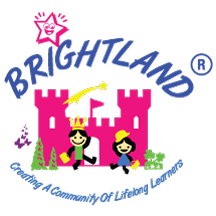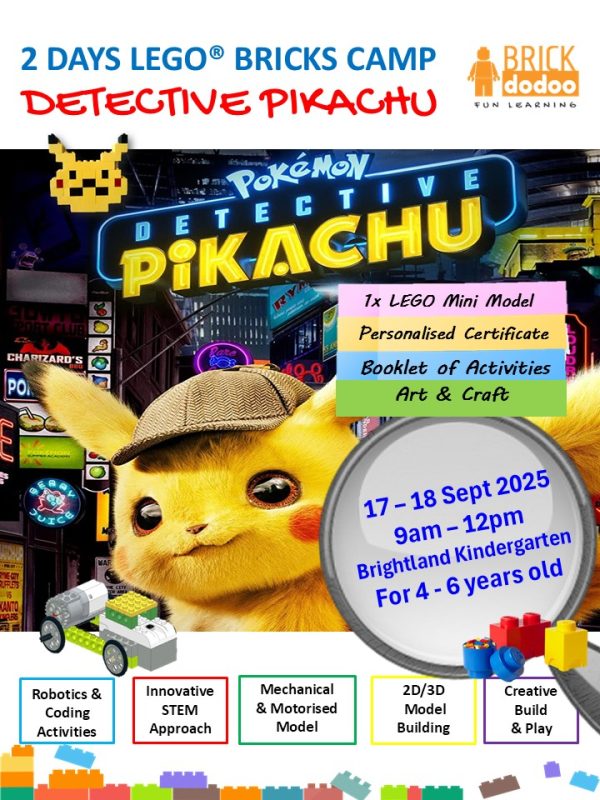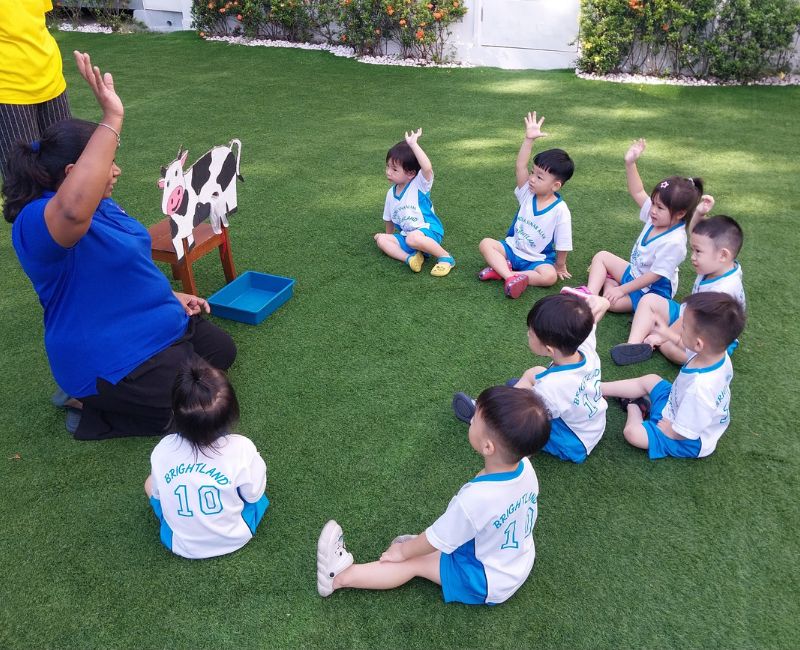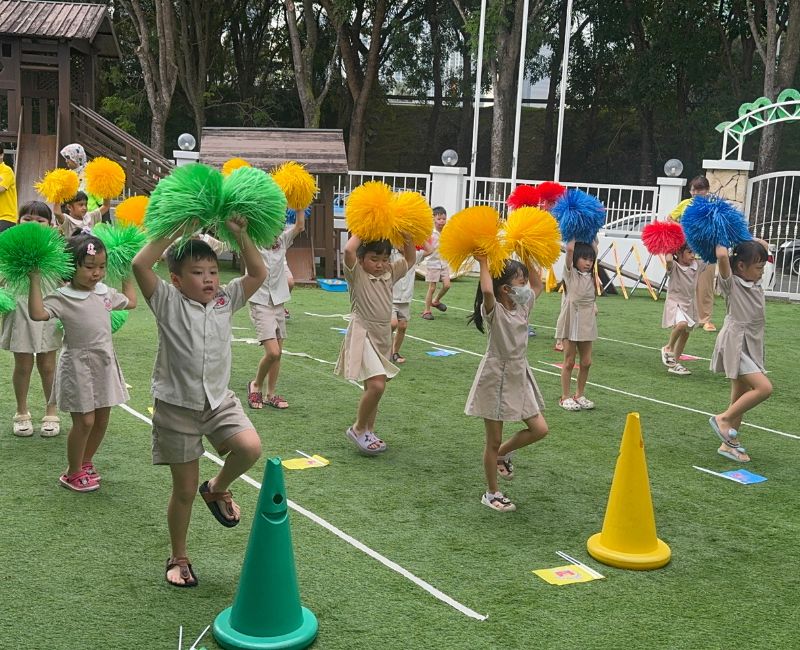5 Simple Ways to Boost Literacy at Home
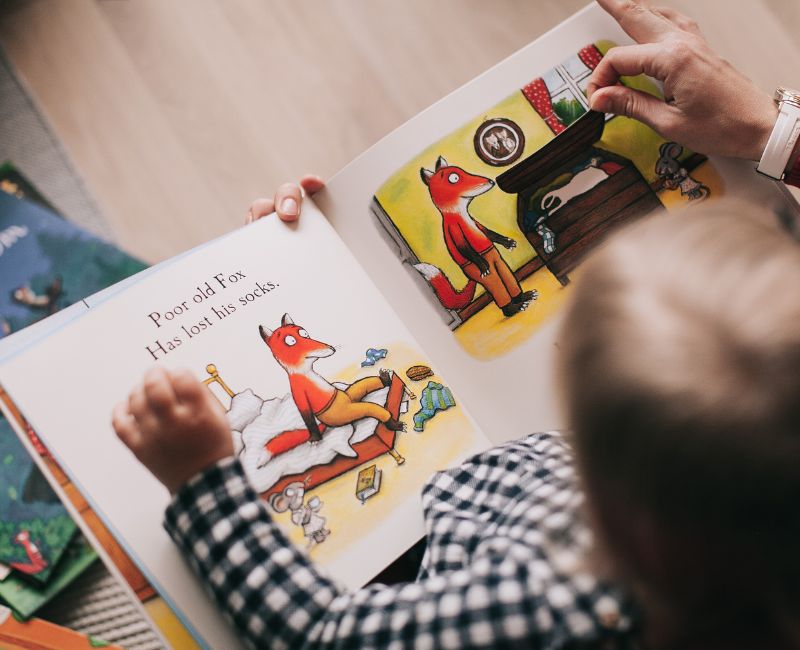
5 Simple Ways to Boost Literacy at Home
At Brightland, we believe that building strong literacy skills begins with small, everyday moments—especially at home! You don’t need fancy tools or hours of extra time. Just a little consistency, some creativity, and lots of encouragement can go a long way in helping your child develop a love for reading and writing.
Here are 5 simple and effective ways to boost literacy at home:
1. Read Together Every Day
Reading aloud is one of the most powerful ways to support your child’s language and literacy development.
Try this: Choose a cozy spot, turn off distractions, and read together for 15–20 minutes each day. Let your child pick the book even if they want to hear the same story over and over! Repetition helps them build confidence and understanding.
2. Fill Your Home with Words
Children are naturally curious about the world around them including the words they see every day.
Try this: Label items around the house (like “door,” “sink,” or “toys”). Hang up a family calendar or grocery list where your child can see and talk about the words. The more they see print in daily life, the more they connect it with meaning.
3. Make Writing Fun
Writing and reading go hand in hand. Encourage your child to express themselves through writing, even if it’s just scribbles or invented spelling.
Try this: Keep crayons, pencils, and paper within reach. Have your child draw a picture and write a sentence about it. You can also write notes to each other and leave them around the house it’s a great way to practice reading and writing together!
4. Play Word and Sound Games
Games make learning fun and memorable, especially when they involve language and laughter.
Try this: Play rhyming games, “I Spy” with letter sounds, or alphabet scavenger hunts. Classic games like memory match, letter puzzles, or magnetic letters on the fridge are also great for practicing letter recognition and word building.
5. Be a Reading Role Model
When children see the adults in their lives enjoying books, they’re more likely to become readers themselves.
Try this: Talk to your child about the books or articles you’re reading. Let them see you reading for fun or writing a to-do list. Show them that reading and writing are a part of everyday lifenot just schoolwork.
A Little Each Day Makes a Big Difference!
Helping your child grow as a reader and writer doesn't require perfection it just takes consistency, encouragement, and shared joy. Every bedtime story, grocery list, or silly rhyme builds a stronger foundation for lifelong literacy.
Thank you for being a part of your child’s learning journey both in the classroom and at home!
